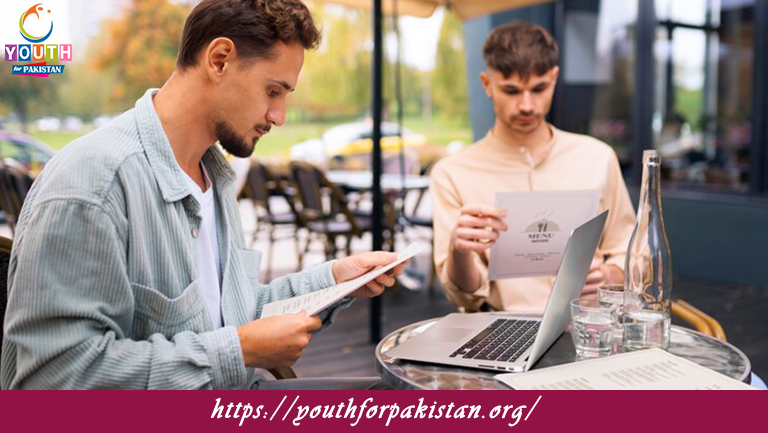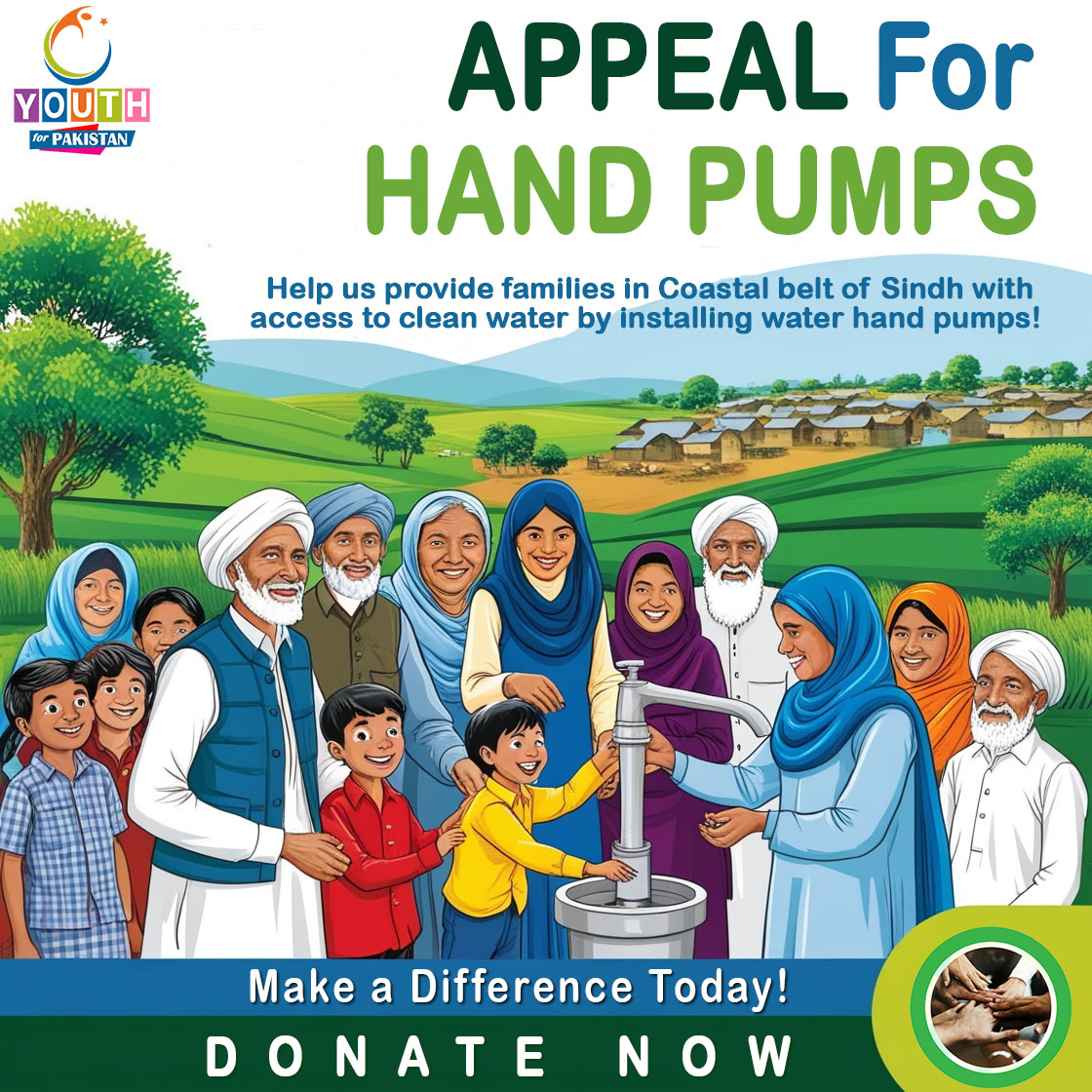Welcome to the India-Pakistan Relations MCQs with Answers. In this post, we are sharing India-Pakistan Relations Multiple Choice Questions and Answers in Pakistan General Knowledge section for various competitive exams in Pakistan. Find practice India-Pakistan Relations practice test with answers here. Each question offers a chance to enhance your knowledge regarding India-Pakistan Relations online MCQs Test.
The Simla Agreement was signed between India and Pakistan in which year?
a) 1965
b) 1971
c) 1972
d) 1975
The Line of Control (LoC) divides which region between India and Pakistan?
a) Punjab
b) Sindh
c) Kashmir
d) Balochistan
The Kargil conflict between India and Pakistan took place in which year?
a) 1996
b) 1998
c) 1999
d) 2001
The Agra Summit between the leaders of India and Pakistan took place in which year?
a) 1998
b) 2000
c) 2002
d) 2004
The Shimla Agreement was signed after which war between India and Pakistan?
a) Indo-Pakistani War of 1965
b) Indo-Pakistani War of 1971
c) Kargil War
d) Siachen Conflict
The Siachen Glacier dispute is a conflict between India and Pakistan in which region?
a) Himalayas
b) Karakoram Range
c) Hindu Kush Mountains
d) Pamir Mountains
The Lahore Declaration was signed between India and Pakistan in which year?
a) 1998
b) 1999
c) 2000
d) 2002
The Mumbai attacks in 2008, also known as 26/11, were carried out by militants from which terrorist organization based in Pakistan?
a) Lashkar-e-Taiba (LeT)
b) Jaish-e-Mohammed (JeM)
c) Hizbul Mujahideen
d) Al-Qaeda
The Indus Waters Treaty, a water-distribution treaty between India and Pakistan, was signed in which year?
a) 1955
b) 1959
c) 1960
d) 1965
The Tashkent Agreement, a peace agreement between India and Pakistan, was signed in which year?
a) 1965
b) 1966
c) 1971
d) 1972
The Uri attack in 2016, targeting the Indian Army, was carried out by militants from which terrorist organization based in Pakistan?
a) Lashkar-e-Taiba (LeT)
b) Jaish-e-Mohammed (JeM)
c) Hizbul Mujahideen
d) Al-Qaeda
The Lahore Declaration was signed between the Prime Ministers of India and Pakistan, namely:
a) Atal Bihari Vajpayee and Nawaz Sharif
b) Manmohan Singh and Pervez Musharraf
c) Narendra Modi and Imran Khan
d) Indira Gandhi and Zulfikar Ali Bhutto
The term “Composite Dialogue” is associated with which aspect of India-Pakistan relations?
a) Bilateral trade
b) Cultural exchanges
c) Peace talks
d) Military cooperation
The 2001 Indian Parliament attack was carried out by militants from which terrorist organization based in Pakistan?
a) Lashkar-e-Taiba (LeT)
b) Jaish-e-Mohammed (JeM)
c) Hizbul Mujahideen
d) Al-Qaeda
The 1965 war between India and Pakistan was primarily fought over which region?
a) Punjab
b) Kashmir
c) Sindh
d) Khyber Pakhtunkhwa
The Composite Dialogue between India and Pakistan focuses on resolving disputes related to which significant issue?
a) Trade agreements
b) Water sharing
c) Territorial conflicts
d) Cultural exchanges
The India-Pakistan Peace Process, initiated in the early 2000s, aimed at improving relations primarily through which means?
a) Cultural exchanges
b) Military alliances
c) Trade agreements
d) Diplomatic negotiations
The term “Most Favored Nation” (MFN) status has been a contentious issue in the context of trade relations between which two countries?
a) India and China
b) India and Pakistan
c) Pakistan and Afghanistan
d) Pakistan and Bangladesh
The Kartarpur Corridor, facilitating the visa-free travel of Indian Sikh pilgrims to a revered gurdwara in Pakistan, was opened in which year?
a) 2018
b) 2019
c) 2020
d) 2021
The term “Track II Diplomacy” is often employed to describe unofficial peace talks between India and Pakistan facilitated by which entities?
a) Non-governmental organizations
b) United Nations
c) World Bank
d) European Union
The 1971 war between India and Pakistan led to the independence of which country from Pakistan?
a) Bangladesh
b) Bhutan
c) Nepal
d) Sri Lanka
The “No War, Only Peace” initiative, aiming to foster peace and cultural understanding between the people of India and Pakistan, is primarily supported by which group?
a) Indian government
b) Pakistani government
c) Civil society organizations
d) United Nations
The term “Cross-border terrorism” is often used to describe the infiltration of militants from Pakistan into which region of India?
a) Jammu and Kashmir
b) Punjab
c) Rajasthan
d) Gujarat
The 2019 Pulwama attack, resulting in heightened tensions between India and Pakistan, was carried out by a suicide bomber from which terrorist organization based in Pakistan?
a) Lashkar-e-Taiba (LeT)
b) Jaish-e-Mohammed (JeM)
c) Hizbul Mujahideen
d) Al-Qaeda
The term “Cross-LoC trade” refers to the trade activities between which regions of India and Pakistan?
a) Punjab and Sindh
b) Jammu and Kashmir
c) Rajasthan and Balochistan
d) Gujarat and Khyber Pakhtunkhwa
The term “Water Dispute Resolution” has been a crucial aspect of peace talks between India and Pakistan, primarily related to which river system?
a) Ganges-Brahmaputra-Meghna
b) Indus
c) Yamuna
d) Narmada-Tapti
The term “Aman ki Asha” symbolizes the aspiration for peace between India and Pakistan, often promoted through which medium?
a) Military alliances
b) Cultural exchanges
c) Economic cooperation
d) Educational initiatives
The 1999 Kargil conflict between India and Pakistan was mainly fought in which region of the disputed territory?
a) Azad Kashmir
b) Gilgit-Baltistan
c) Jammu region
d) Ladakh region
The term “Balochistan Liberation Army” is associated with which sensitive issue between India and Pakistan?
a) Cross-border trade
b) Water-sharing agreements
c) Border security
d) Regional separatism
The term “Wagah-Attari Border” is a significant checkpoint facilitating the trade and movement of people between which two neighboring countries?
a) India and Nepal
b) India and China
c) India and Pakistan
d) Pakistan and Afghanistan
The term “Kashmir Solidarity Day” is observed annually to show support and unity with the people of Kashmir primarily in which country?
a) India
b) Pakistan
c) Nepal
d) Bangladesh
The “SAARC Summit,” which includes both India and Pakistan, has often been instrumental in fostering regional cooperation primarily in which area?
a) Security alliances
b) Economic development
c) Cultural integration
d) Political unions
The term “Track I Diplomacy” refers to official diplomatic negotiations and dialogues between the governments of India and Pakistan primarily held through which channel?
a) United Nations
b) Bilateral summits
c) Non-governmental organizations
d) Regional conferences
The term “Indus Basin Treaty” is often used to refer to the water-sharing agreement between which two neighboring countries?
a) India and Bangladesh
b) India and Nepal
c) India and Pakistan
d) Pakistan and Afghanistan
The term “Kashmiri Pandits” refers to the Hindu community that historically resided in which region and has been a significant part of the India-Pakistan discourse?
a) Jammu and Kashmir
b) Punjab
c) Sindh
d) Balochistan
The term “Kashmir Committee” often denotes a group of individuals involved in promoting peace and dialogue primarily between which two countries?
a) India and China
b) India and Pakistan
c) Pakistan and Afghanistan
d) Afghanistan and Iran
The term “Bus Diplomacy” refers to the initiative taken by which two leaders of India and Pakistan to enhance people-to-people contact?
a) Atal Bihari Vajpayee and Nawaz Sharif
b) Manmohan Singh and Pervez Musharraf
c) Narendra Modi and Imran Khan
d) Indira Gandhi and Zulfikar Ali Bhutto
The term “Peace Park” symbolizes the shared cultural heritage and the promotion of peace and friendship primarily between which two neighboring countries?
a) India and Nepal
b) India and China
c) India and Pakistan
d) Pakistan and Afghanistan
The term “Kashmiri Separatists” often refers to the political groups or individuals advocating for the independence or merger of which region with Pakistan?
a) Jammu and Kashmir
b) Punjab
c) Sindh
d) Gilgit-Baltistan
The term “Line of Actual Control” (LAC) is often associated with which disputed region between India and Pakistan?
a) Siachen Glacier
b) Sir Creek
c) Saltoro Ridge
d) Aksai Chin
The term “Trade Normalization” has been a significant aspect of discussions between which two countries, especially concerning the enhancement of bilateral trade?
a) India and Nepal
b) India and China
c) India and Pakistan
d) Pakistan and Afghanistan
The term “Prisoner Exchange” refers to the practice of releasing detainees or prisoners between India and Pakistan as a goodwill gesture primarily during which significant events?
a) Wars
b) Independence Day celebrations
c) Diplomatic summits
d) Cultural festivals
The term “Kashmiri Insurgency” often describes the conflict and unrest primarily in which region, leading to significant tension between India and Pakistan?
a) Jammu and Kashmir
b) Punjab
c) Sindh
d) Balochistan
The term “Aman ki Asha” is often associated with which aspect of India-Pakistan relations, focusing on enhancing mutual understanding and peace efforts?
a) Military alliances
b) Cultural exchanges
c) Economic cooperation
d) Educational initiatives
The term “Kashmiri Freedom Movement” primarily refers to the political and social struggle for self-determination and autonomy within which region?
a) Jammu and Kashmir
b) Punjab
c) Sindh
d) Balochistan
When did the first war between India and Pakistan take place?
a) 1947
b) 1965
c) 1971
d) 1999
What was the name of the conflict between India and Pakistan in 1999?
a) Kargil War
b) Siachen Conflict
c) Operation Brasstacks
d) Indo-Pakistani War of 1971
Which agreement was signed between India and Pakistan in 1960 regarding the sharing of the waters of the Indus River system?
a) Tashkent Agreement
b) Shimla Agreement
c) Indus Waters Treaty
d) Lahore Declaration
What is the name of the line that demarcates the Indian and Pakistani controlled parts of Kashmir?
a) Radcliffe Line
b) Durand Line
c) Line of Control
d) McMahon Line
When did the Shimla Agreement, aiming to settle the Kashmir conflict, take place?
a) 1965
b) 1971
c) 1972
d) 1975
Which agreement was signed between India and Pakistan in 1999 to ensure non-nuclear aggression?
a) Tashkent Agreement
b) Shimla Agreement
c) Lahore Declaration
d) Indus Waters Treaty
Which city is associated with the signing of the Tashkent Agreement between India and Pakistan in 1966?
a) Tashkent
b) Lahore
c) Shimla
d) Delhi
The Siachen Glacier dispute is a conflict between India and Pakistan in which mountain range?
a) Karakoram Range
b) Himalayas
c) Hindu Kush
d) Pamir Mountains
The Agra Summit, a meeting between Indian Prime Minister Atal Bihari Vajpayee and Pakistani President Pervez Musharraf, took place in which year?
a) 1998
b) 2000
c) 2001
d) 2002
The Composite Dialogue Process, aiming to resolve various issues between India and Pakistan, was initiated in which year?
a) 1997
b) 1999
c) 2001
d) 2004
Which event led to the suspension of the Composite Dialogue Process between India and Pakistan in 2008?
a) Mumbai Terror Attacks
b) Kargil War
c) Siachen Conflict
d) Parliament Attack
The Aman ki Asha initiative was launched by a media group from which country to promote peace between India and Pakistan?
a) India
b) Pakistan
c) United States
d) United Kingdom
The Samjhauta Express is a train service that operates between which two cities of India and Pakistan?
a) Lahore and Delhi
b) Karachi and Mumbai
c) Islamabad and Jaipur
d) Amritsar and Lahore
Which Indian Prime Minister took a bus trip to Pakistan in 1999 as a part of peace initiative?
a) Indira Gandhi
b) Rajiv Gandhi
c) Atal Bihari Vajpayee
d) Manmohan Singh
The Simla Agreement signed between India and Pakistan in 1972 aimed at resolving disputes following which war?
a) 1965 War
b) Kargil War
c) 1971 War
d) Siachen Conflict
Which city is associated with the Lahore Declaration signed between India and Pakistan in 1999?
a) Lahore
b) Delhi
c) Islamabad
d) Karachi
What was the main topic of the talks during the Agra Summit between India and Pakistan in 2001?
a) Nuclear Disarmament
b) Kashmir Issue
c) Trade Relations
d) Terrorism
The Line of Control (LoC) separates which region of Kashmir into Indian and Pakistani controlled parts?
a) Jammu and Kashmir
b) Azad Kashmir
c) Gilgit-Baltistan
d) Ladakh
Which international organization attempted to mediate between India and Pakistan during the Kargil War in 1999?
a) United Nations
b) World Bank
c) European Union
d) International Red Cross
The Sir Creek dispute is related to a disputed territory between India and Pakistan in which region?
a) Rajasthan
b) Gujarat
c) Punjab
d) Sindh
The Baglihar Dam dispute involves the construction of a dam on which river by India, causing tensions with Pakistan?
a) Ravi River
b) Sutlej River
c) Indus River
d) Chenab River
The Kishanganga Hydroelectric Plant is a part of a dispute between India and Pakistan on which river?
a) Jhelum River
b) Sutlej River
c) Chenab River
d) Indus River
Which bilateral dialogue between India and Pakistan focuses on peace and security measures between the two countries?
a) Shimla Dialogue
b) Composite Dialogue
c) Aman ki Asha Dialogue
d) Lahore Dialogue
The Kartarpur Corridor, allowing Indian Sikh pilgrims to visit a sacred shrine in Pakistan, was inaugurated in which year?
a) 2017
b) 2018
c) 2019
d) 2020
The Mumbai Terror Attacks in 2008 were carried out by a militant group based in which country?
a) India
b) Pakistan
c) Afghanistan
d) Bangladesh
Which international organization has intervened multiple times to mediate between India and Pakistan regarding the Kashmir conflict?
a) United Nations
b) World Bank
c) International Court of Justice
d) International Criminal Court
The Balakot airstrike conducted by India in 2019 targeted which terrorist group based in Pakistan?
a) Jaish-e-Mohammed
b) Lashkar-e-Taiba
c) Hizbul Mujahideen
d) Taliban
The 1999 Kargil War between India and Pakistan took place in which region of Kashmir?
a) Gilgit-Baltistan
b) Azad Kashmir
c) Ladakh
d) Jammu and Kashmir
Which Indian Prime Minister signed the Lahore Declaration with the Pakistani Prime Minister in 1999?
a) Rajiv Gandhi
b) Atal Bihari Vajpayee
c) Indira Gandhi
d) Narendra Modi
The 1971 war between India and Pakistan led to the creation of which new country?
a) Bangladesh
b) Bhutan
c) Nepal
d) Sri Lanka
The Indus Water Treaty allocates how many rivers for each country?
a) One river for India and one for Pakistan
b) Two rivers for India and one for Pakistan
c) One river for India and two for Pakistan
d) Two rivers for India and two for Pakistan
The 2001 Indian Parliament attack, which escalated tensions between India and Pakistan, was carried out by a militant group based in which country?
a) India
b) Pakistan
c) Afghanistan
d) Bangladesh
The Lahore Declaration of 1999 aimed at reducing tensions between India and Pakistan through which means?
a) Cultural exchanges
b) Economic cooperation
c) Nuclear disarmament
d) Confidence-building measures
The 2016 Uri attack on the Indian Army base was conducted by militants allegedly supported by which country?
a) India
b) Pakistan
c) Afghanistan
d) Bangladesh
The 2019 Pulwama attack, leading to an escalation of tensions between India and Pakistan, was carried out by which terrorist group based in Pakistan?
a) Jaish-e-Mohammed
b) Lashkar-e-Taiba
c) Hizbul Mujahideen
d) Taliban









